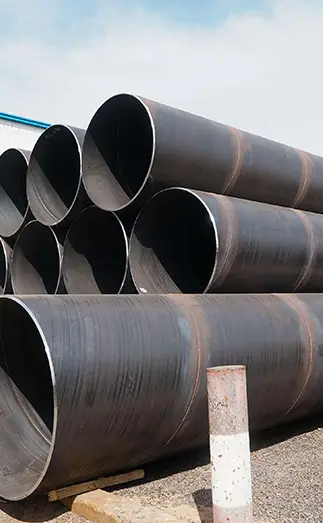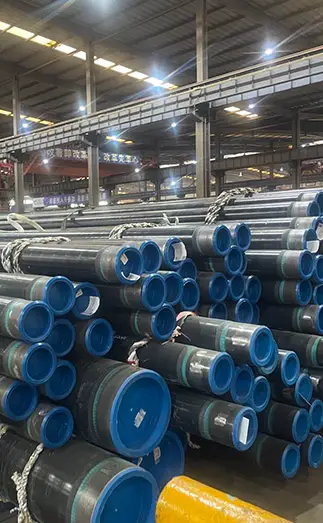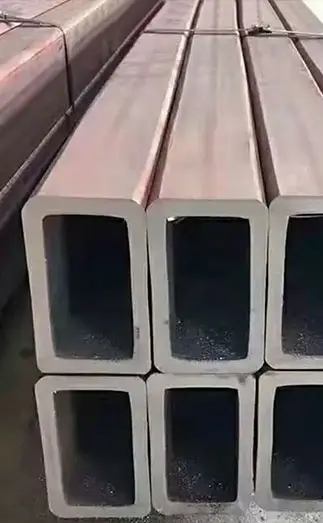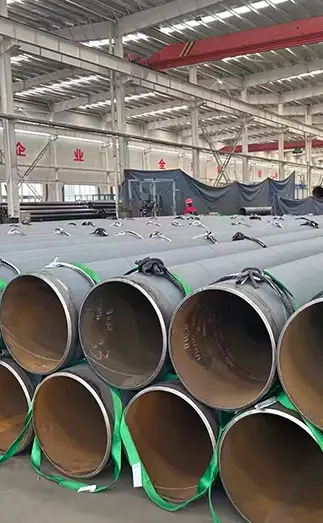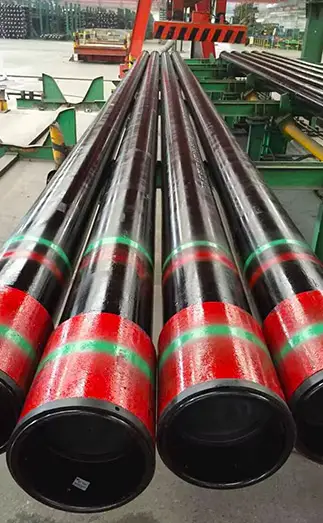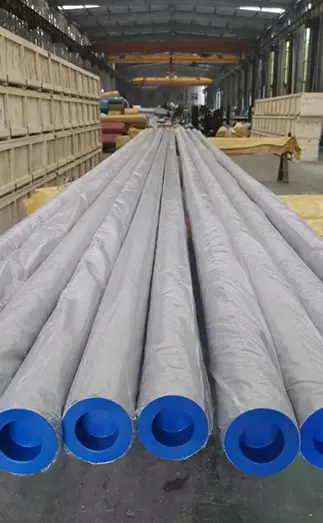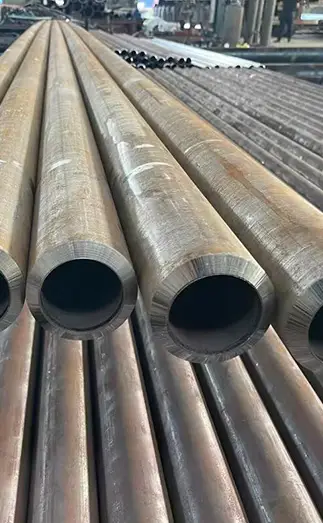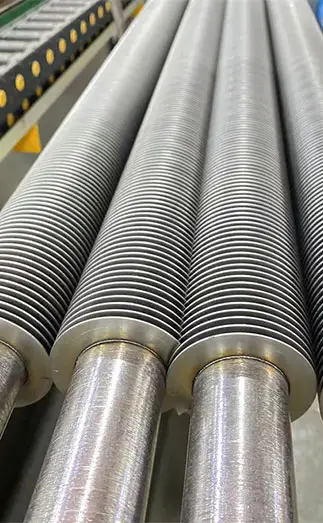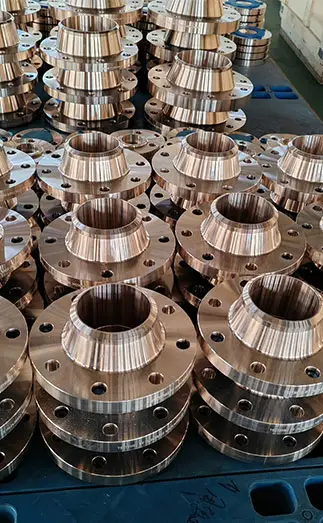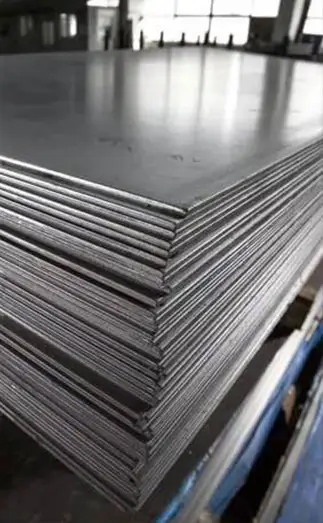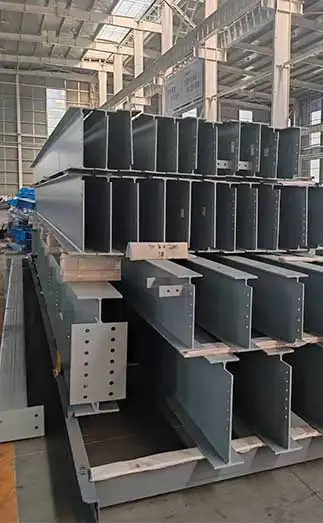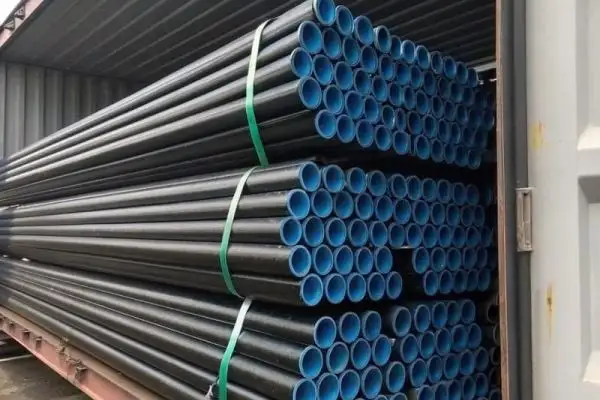ASTM A671 is a widely recognized specification issued by ASTM International. It covers electric fusion welded (EFW) steel pipes manufactured from pressure vessel quality plates. These pipes are specifically designed for moderate and low-temperature applications, commonly used in critical systems like oil & gas pipelines, LNG transport, chemical plants, and low-temperature pressure vessels.
Super Steel Manufacturing Co.,Ltd is professional ASTM A671 EFW steel pipes manufacturer, for more details, please contact:sales@super-steels.com
Scope and Applications
Industries: Oil & gas, petrochemical, LNG storage and transport, energy infrastructure, and cryogenic systems.
Service Temperature: Typically not lower than -50°F (-45°C), depending on material grade and impact test requirements.
Typical Uses:
Cryogenic and low-temperature piping systems
LNG and gas distribution networks
Low-temperature pressure vessels
Refining and chemical process equipment
Key Specifications & Material Grades
Outside Diameter: ≥ 16 inches (406 mm)
Wall Thickness: ≥ 1/4 inch (6.4 mm)
Steel Grades:
A671 CC60 / CC65 / CC70: Common carbon steel grades
A671 CD70: Manganese-silicon steel
A671 CF66 / CF71: Nickel-alloyed steel for enhanced low-temp performance
The class designation (e.g., CL22, CL32) defines the manufacturing process, heat treatment, and testing requirements, with strict standards for weld integrity and non-destructive testing (NDT).
Chemical Composition (Typical)
Carbon (C): ≤ 0.23% – influences strength and weldability
Manganese (Mn): 0.79–1.30% – enhances strength and impact toughness
Silicon (Si): 0.13–0.45% – assists in deoxidation
Sulfur (S) & Phosphorus (P): ≤ 0.035% – limited to prevent embrittlement
Optional alloy elements (Ni, Cr, Mo, V): Included in specific grades to improve low-temperature toughness and mechanical performance
Mechanical Properties (Example: Grade CC60)
|
Property
|
Typical Value
|
|
Yield Strength
|
≥ 220 MPa (min)
|
|
Tensile Strength
|
415–555 MPa
|
|
Elongation
|
≥ 21%
|
|
Impact Toughness
|
Required for certain grades (e.g., Charpy V-notch at -45°C)
|
Manufacturing & Quality Control
Forming Process: J-C-O-E method (Joggle – Crimp – Open – Expand)
Welding Method: Electric Fusion Welding (EFW)
Weld Inspection:
100% Radiographic Testing (RT) or Ultrasonic Testing (UT)
Hydrostatic Test: Each pipe is pressure-tested for leaks
Charpy Impact Test: Performed when low-temp toughness is specified
Comparison with Other Standards
ASTM A672: Also covers EFW pipes but is intended for high-pressure, high-temperature service.
ASTM A106: A seamless pipe standard; in contrast, A671 is for welded pipes but ensures comparable reliability through rigorous NDT.
Typical Applications
LNG pipelines and low-temperature transport
Cryogenic storage tanks and vessels
Petrochemical refining and chemical processing
Low-temperature utility piping in power and energy sectors
Why Choose ASTM A671 Steel Pipe?
Engineered for low-temperature service
High-performance in cryogenic environments
Rigorously tested for weld quality and mechanical strength
Suitable for critical infrastructure and pressure applications



 English
English Español
Español Français
Français بالعربية
بالعربية